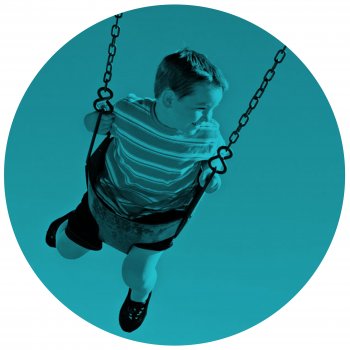
The signs and symptoms of child abuse are not always obvious, especially in cases of child sexual abuse. Often children have been threatened or confused by their abuser not to disclose the abuse. The guidelines listed below are general signs and symptoms and if you notice these in your child you should ask them if anything has happened.
New Fears
Abused children or teenagers may develop new fears of situations, places, or people. They may become excessively shy, anxious, scared or withdrawn.
Anger/Hostility
If children or teens are not allowed or able to express anger toward the abuser, they may take their anger out on others or against themselves.
Inappropriate Sexual Behaviors
Children may act out sexually. They may show an unusual interest in other people's or animal's genitals, or masturbate excessively. They may try to express affection in an inappropriate way, such as fondling private parts. Teens may participate in risky sexual behavior and make inappropriate advances in public.
Sleeping and Eating Problems
Children or teens may have problems sleeping, experience nightmares, or display sudden loss or gain in appetite. Children may regress in their development. A child might return to younger, more babyish behavior such as wetting the bed or thumb sucking.
Problems at School
Children or teens may have difficulty concentrating which can affect school performance. A change in grades or behavior at school is not uncommon.
Loss of Boundaries
Children or teens may be overly friendly and attached to total strangers, or they may tolerate abuse from other children. They may become excessively isolated and withdrawn, or may become overly obedient.
Self-Destructive Acts
Children or teens may feel such guilt and shame from the abuse that they may take their feelings out by hurting themselves. This may involve hitting or cutting themselves, using drugs and/or alcohol or even a suicide attempt. As teens that were abused as children mature, it is common for issues of abuse to resurface requiring additional or new services.
Lack of Personal Care or Hygiene
Abused and neglected children or teenagers may appear uncared for. They may present as consistently dirty and have severe body odor, or they may lack sufficient clothing for weather.
Risk-Taking Behaviors
Children or teenagers who are being abused may engage in high-risk activities such as using drugs or alcohol or carrying a weapon.
Unexplained Injuries
Visible signs physical abuse may include unexplained burns or bruises in the shape of objects. You may also hear unconvincing explanations of a child's injuries.
Returning to Earlier Behavior
Abused children may display behaviors shown at earlier ages, such as thumb-sucking, bed-wetting, fear of the dark or strangers. For some children, even loss of acquired language or memory problems may be an issue.



